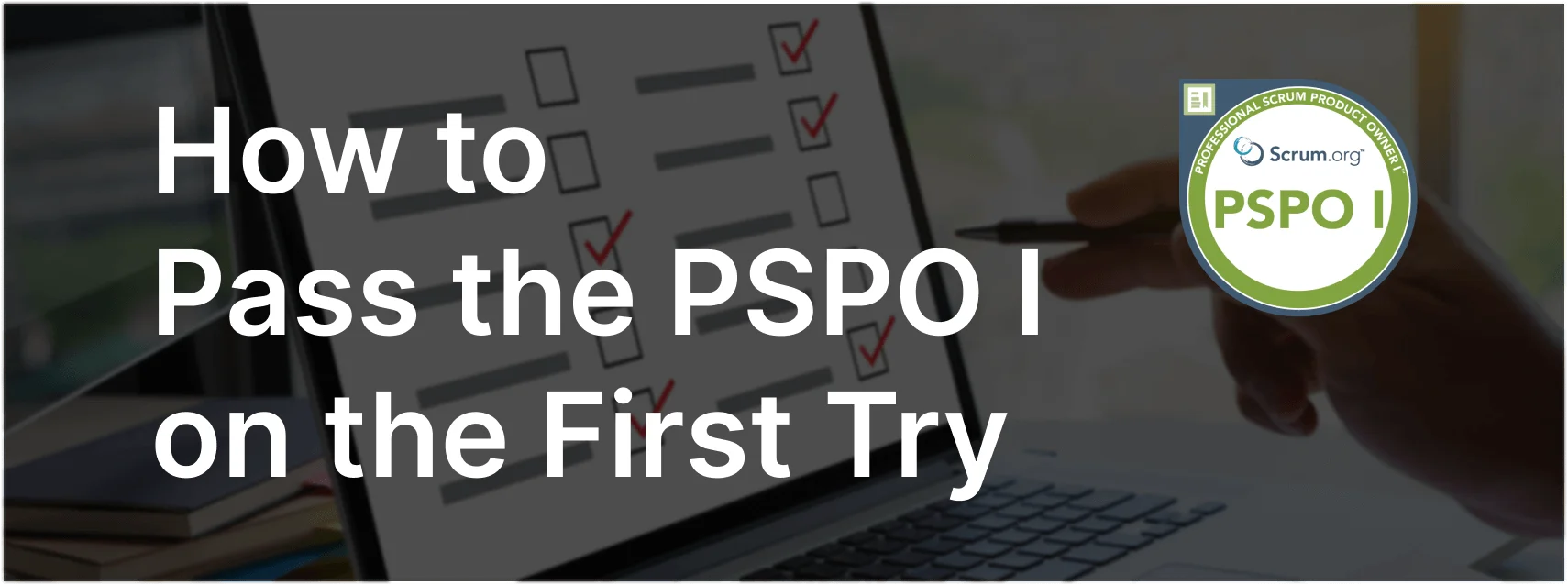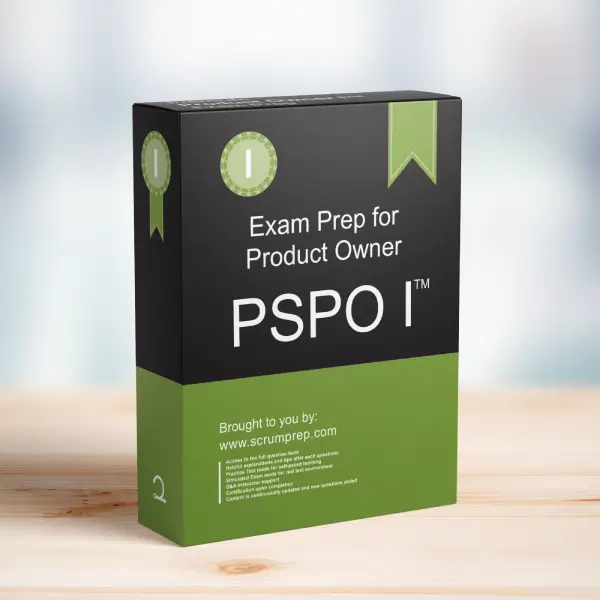Understanding the Purpose of the Product Backlog
The Product Backlog is a critical artifact in Scrum, serving as the single source of truth for all work to be done on the product. This article explains the types of requirements that belong on the Product Backlog and clarifies its purpose for a new Product Owner, specifically for the PSPO I exam.
Exam Question
A Scrum Team has been working on a product for 9 Sprints. A new Product Owner who is new to Scrum joins the team and understands she is accountable for the Product Backlog. However, she is unsure about the purpose of the Product Backlog. She has read that the Product Backlog should be a list of all user features for the product. She goes to the Scrum Master asking where to put the other types of requirements that are going to be taken into account. Are all of the following types of requirements acceptable on a Product Backlog?
- Stability requirements
- Performance requirements
- Product Functionality
- Documentation
- Fixes
(choose the best answer)
A. Yes, they all belong on the Product Backlog. Product Backlog is supposed to be the “single source of truth” for all the work for the product.
B. No. Product Backlog is a tool for the Product Owner. The Product Owner represents the users and stakeholders. Other types of requirements should be managed separately by the Developers. They are not the Product Owner’s concern.
Correct Answer
A. Yes, they all belong on the Product Backlog. Product Backlog is supposed to be the “single source of truth” for all the work for the product.
Explanation
Correct Answer
A. Yes, they all belong on the Product Backlog. Product Backlog is supposed to be the “single source of truth” for all the work for the product:
The Product Backlog is a comprehensive list of everything that might be needed in the product, serving as the single source of truth for all work to be done. It includes not only user features but also stability requirements, performance requirements, documentation, and fixes. This ensures that the entire Scrum Team has visibility into all aspects of the product, allowing them to prioritize and manage work effectively.
Incorrect Answer
B. No. Product Backlog is a tool for the Product Owner. The Product Owner represents the users and stakeholders. Other types of requirements should be managed separately by the Developers. They are not the Product Owner’s concern:
This answer is incorrect because it misunderstands the comprehensive nature of the Product Backlog. The Product Backlog should include all types of work required for the product, not just user features. The Product Owner is responsible for ordering and managing the Product Backlog to ensure the delivery of valuable increments, including technical requirements and fixes.
Responsibilities in Scrum
- Product Owner: Accountable for maximizing the value of the product and managing the Product Backlog. This includes ensuring that all types of work, such as stability, performance, functionality, documentation, and fixes, are represented and ordered appropriately.
- Scrum Master: Facilitates Scrum events, helps remove impediments, and ensures that the Scrum framework is understood and enacted. Supports the Product Owner in managing the Product Backlog effectively.
- Developers: Responsible for delivering a potentially releasable Increment and managing their own work. Collaborate with the Product Owner to address all types of requirements in the Product Backlog.
Relevance to the PSPO I Exam
Understanding the comprehensive nature of the Product Backlog is essential for the PSPO I exam. This includes recognizing that the Product Backlog should encompass all types of work necessary for the product, ensuring transparency and effective backlog management.
Key Takeaways
- The Product Backlog is the single source of truth for all work needed on the product, including stability, performance, functionality, documentation, and fixes.
- The Product Owner is responsible for managing and ordering the entire Product Backlog to maximize value.
- Ensuring all types of requirements are included in the Product Backlog enhances transparency and effective backlog management.
Conclusion
The Product Backlog is a comprehensive list of all work needed for the product, serving as the single source of truth. It includes various types of requirements, such as stability, performance, functionality, documentation, and fixes. The Product Owner is accountable for managing this backlog to ensure the delivery of valuable increments. For comprehensive preparation and practice exams, check out PSPO I Exam Prep to enhance your understanding and application of Scrum principles.



